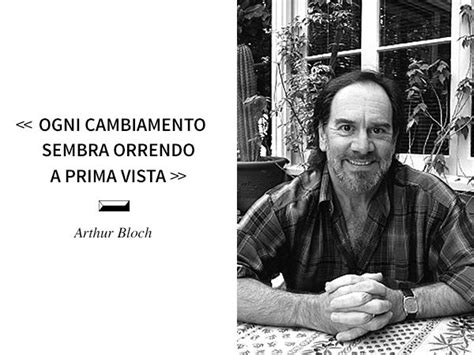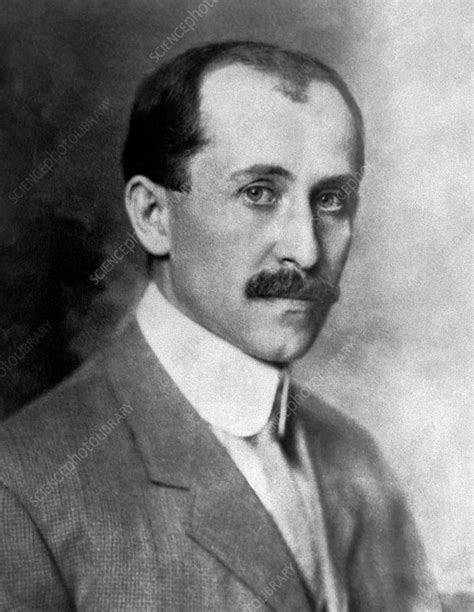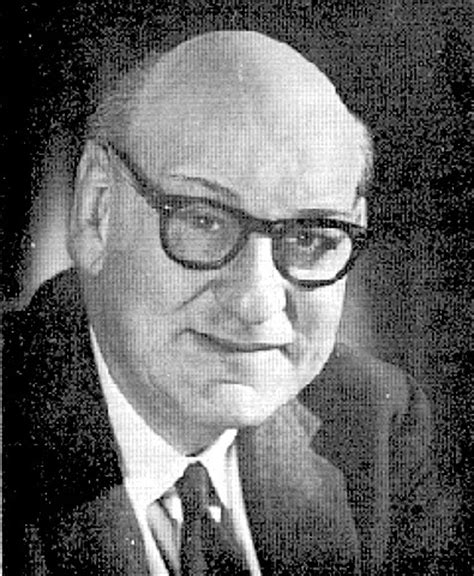A Quote by Tim O'Brien
Most of the things in 'The Things They Carried' didn't happen to me. Ninety-five percent of it's invented. It's not what occurred.
Related Quotes
It's my special magical power. I can read your mind when you're thinking dirty thoughts." "So, ninety-five percent of the time." She craned her head back to look up at him. "Ninety-five percent? What's the other five percent?" "Oh, you know, the usual--demons I might kill, runes I need to learn, people who've annoyed me recently, people who've annoyed me not so recently, ducks." "Ducks?
Ninety-nine percent of everyday things are things we don't need - that goes for regular visits to the hairdresser just as it does for clothing. What would it mean if we all consumed 20 percent less? It would be catastrophic. It would mean 20 percent less jobs, 20 percent less taxes, 20 percent less money for schools, doctors, roads. The global economy would collapse.
For the three decades after WWII, incomes grew at about 3 percent a year for people up and down the income ladder, but since then most income growth has occurred among the top quintile. And among that group, most of the income growth has occurred among the top 5 percent. The pattern repeats itself all the way up. Most of the growth among the top 5 percent has been among the top 1 percent, and most of the growth among that group has been among the top one-tenth of one percent.
Ninety to ninety-five percent of people will withdraw to the comfort zone when what they try doesn't work. Only that small percentage, 5 or 10 percent, will continually improve themselves; they will continually push themselves out into the zone of discomfort, and these are always the highest performers in every field.







































